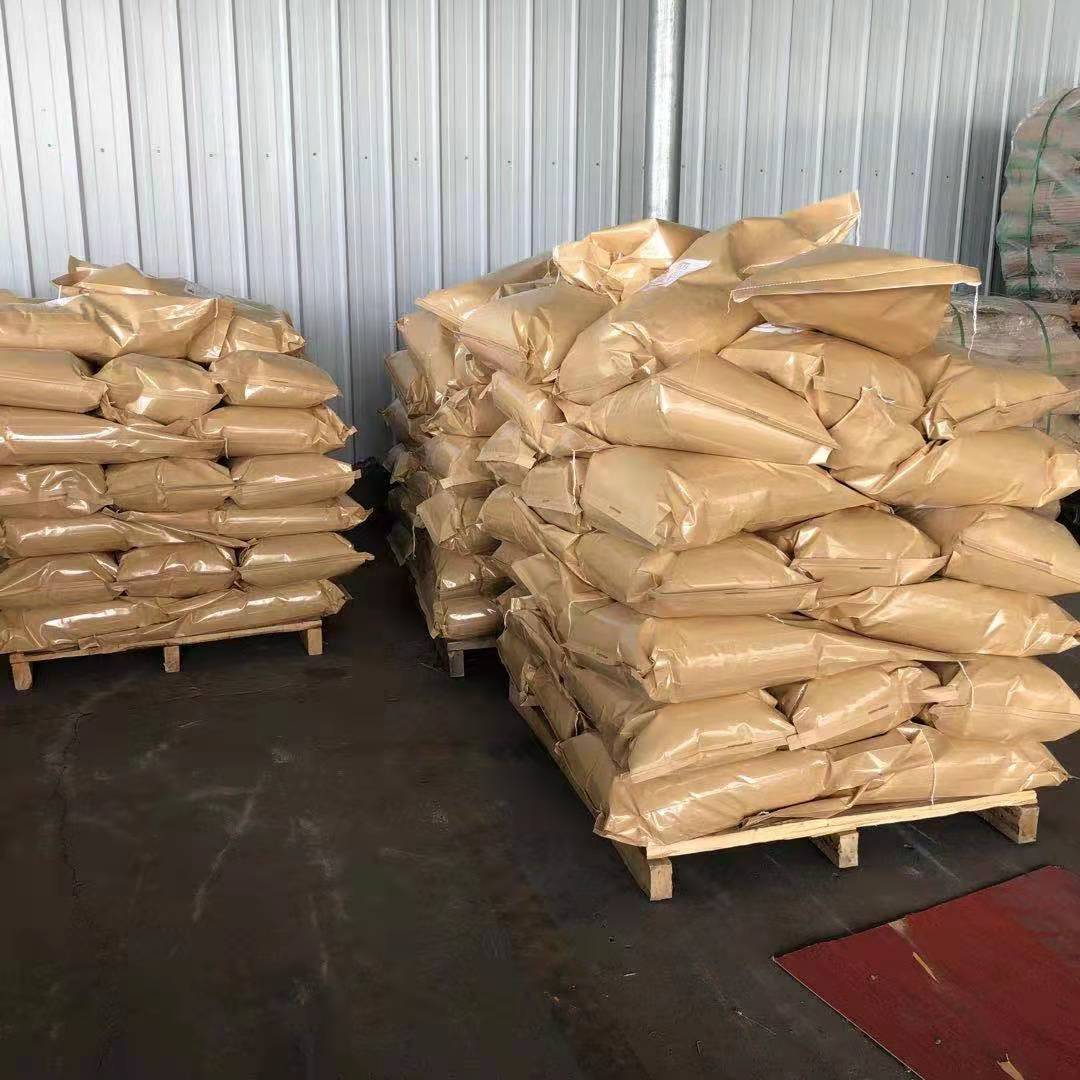
Sep . 14, 2024 14:21 Back to list
commercial water soluble fertilizer
The Importance of Commercial Water-Soluble Fertilizers in Agriculture
In the realm of agriculture, the need for efficient and effective nutrient delivery systems has never been more critical. With the global population expected to reach nearly 10 billion by 2050, the demand for food production is soaring. One of the most effective solutions to meet these demands is the use of commercial water-soluble fertilizers. These fertilizers offer numerous advantages that can significantly enhance crop yields and ensure sustainable agricultural practices.
Water-soluble fertilizers are designed to dissolve quickly in water, making them ideal for foliar applications and fertigation systems. Their formulation allows for rapid nutrient absorption by plants, which is crucial during different growth stages. For example, young plants and seedlings often require immediate access to nutrients to establish robust root systems. Water-soluble fertilizers can provide this essential support, ensuring healthy growth even in challenging conditions.
The Importance of Commercial Water-Soluble Fertilizers in Agriculture
The efficiency of water-soluble fertilizers also leads to better resource management. Traditional fertilizers can result in nutrient leaching, leading to environmental pollution and wasted resources. In contrast, water-soluble options can be applied directly to the root zone or via irrigation systems, minimizing runoff and ensuring that nutrients reach their intended targets. This method not only conserves water but also reduces the overall environmental impact of agricultural practices.
commercial water soluble fertilizer

Moreover, the precise application of water-soluble fertilizers facilitates better crop management. Farmers can easily adjust the nutrient concentration based on real-time monitoring of plant health and soil conditions. This data-driven approach enables more significant decision-making, ultimately leading to higher productivity and profitability. Additionally, it promotes responsible nutrient management, helping to prevent the over-application of fertilizers that can lead to soil degradation and ecosystem imbalance.
The flexibility in application methods also enhances the effectiveness of water-soluble fertilizers. They can be applied through various means, including spray applications directly onto plant leaves or through drip irrigation systems that deliver nutrients directly to the roots. This adaptability allows farmers to choose the most suitable application method based on their specific requirements and environmental conditions.
Despite their advantages, it is essential for farmers to understand the importance of balanced nutrition. Over-reliance on any single type of fertilizer, including water-soluble options, can result in nutrient imbalances and adverse effects on soil health. Therefore, integrating water-soluble fertilizers into a broader nutrient management plan—including organic amendments and a diverse fertility regimen—can help maintain soil structure and microbial activity.
In conclusion, commercial water-soluble fertilizers play a pivotal role in modern agriculture. Their ability to deliver nutrients efficiently and effectively supports robust plant growth while promoting sustainable practices. As the agricultural landscape evolves with new challenges, the adoption of these innovative fertilizers will be crucial in ensuring food security for future generations. By harnessing the benefits of water-soluble fertilizers, farmers can optimize their yields, reduce environmental impacts, and contribute to a more sustainable food production system.
-
10 10 10 Fertilizer Organic—Balanced NPK for All Plants
NewsJul.30,2025
-
Premium 10 10 10 Fertilizer Organic for Balanced Plant Growth
NewsJul.29,2025
-
Premium 10 10 10 Fertilizer Organic for Balanced Plant Growth
NewsJul.29,2025
-
Premium 10 10 10 Fertilizer Organic for Balanced Plant Growth
NewsJul.29,2025
-
50 Pound Bags of 13-13-13 Fertilizer for All Plants – Bulk & Organic Options
NewsJul.28,2025
-
High-Efficiency 15-30-15 Granular Fertilizer for Healthy Crops
NewsJul.28,2025
